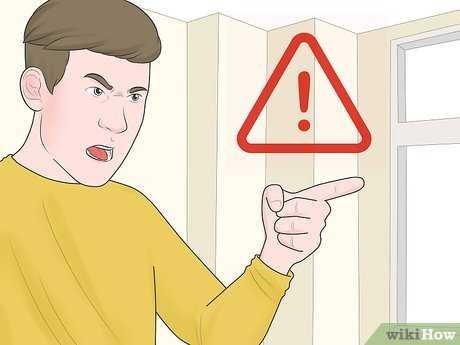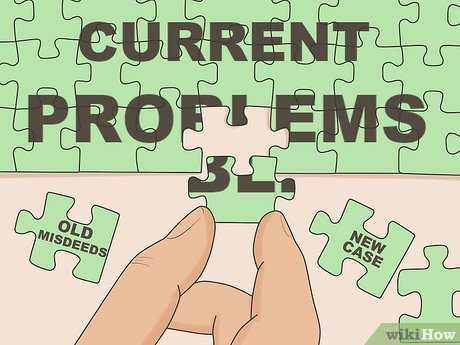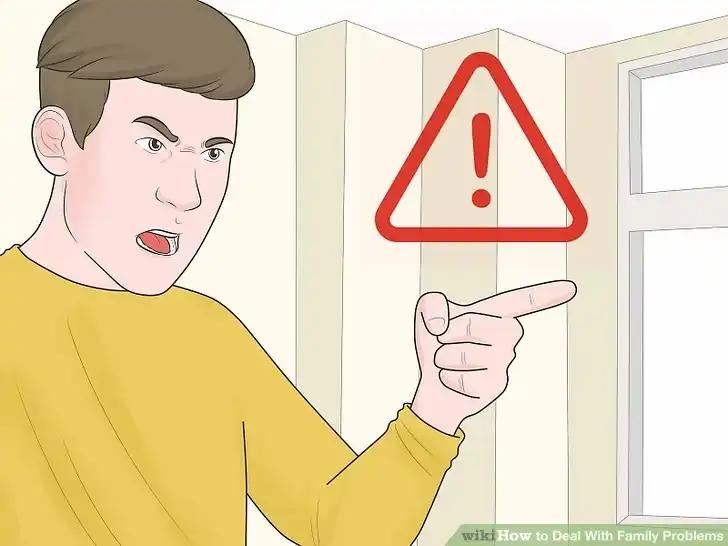Explore the World's Best Ideas
Join today and uncover 100+ curated journeys from 50+ topics. Unlock access to our mobile app with extensive features.
How to develop healthy problem-solving in your family
Death, addiction, money troubles, mental illness, separation/divorce, and transitional adjustments all take a toll on the members of a family. During stressful events or when the family’s resources are severely taxed, problems may not be resolved easily. This may lead to hostile disagreements, tension, and resentment. Conflict in the family can affect everyone’s functioning. Handle your family problems by learning effective problem-solving skills.
18
186 reads
Schedule a time to talk as a group
Facing and overcoming family problems can seem impossible. When you work together, however, resolving family differences becomes more feasible. The first step towards resolution is agreeing that there is a problem in the first place. Then, once tempers are moderately cooled, everyone needs to plan to come together and devise a strategy to resolve the problem.
- Schedule a meeting at a time that is most convenient for everyone. Make everyone aware of the purpose of the meeting and that you want them to arrive with suggestions and solutions at the ready.
- Be mindful that young children may be a hindrance to a family meeting. Huddle them in a separate room if you expect tempers to flair or sensitive information to be discussed.
- Therapists often suggest holding regular family meetings.[1] This tactic enables family members to bring issues out in the open before resentments develop. Talking with your family regularly can improve communication and the bond that you share.
20
82 reads
Be aware of how different family members may react to problems
One potential obstruction to conflict resolution in families is differences in how each member responds to stress or tension. These differences must be taken into account and everyone will have to consciously choose to face the issue to truly find a solution.
- For some people, conflict causes them to become hostile and defensive. This is the “fight” aspect of the physiological “fight or flight” response. These individuals may argue endlessly to remove any responsibility from themselves, or refuse to hear others’ points-of-view.
- Others resort to the “flight” aspect. These individuals may run from conflict at all costs. They may deny there’s a problem or believe there’s nothing they can do to resolve it anyway. Such family members may pretend as if they don’t notice any tension in the household, or downplay its effect on them.
19
82 reads
Acknowledge but get a handle on emotions
Emotional awareness is important in recognizing the unique experience of yourself and others. If you have trouble identifying how you feel, you will have trouble controlling your emotions or expressing your needs during conflict.[6]
- First work on trying to identify your emotions. Consider what thoughts you’re having, what you feel in your body, and what actions you want to take? For example, maybe you’re thinking “I hate this family.” Your fists are clenched and you want to punch something. Such a strong emotion could be labeled as anger or contempt.
- Next, aim to control and ease these strong emotions so that you can effectively problem-solve. Depending on how you’re feeling participate in a complementary activity to ease your discomfort. For example, if you are sad, you might want to watch a funny movie. If you are angry, it might be helpful to vent to a friend or engage in intense physical activity.
18
67 reads
Resist the urge to point the finger
Accusing someone of being the cause of the problem will only result in the person becoming defensive, and otherwise, hindering a productive exchange. Always attempt to attack the problem, not the person. You can love, honor, and respect someone without liking every single thing he does. However, if you make your loved one out to be the blame of the issue, progressing beyond this point is difficult.
- Using “I” statements are one of the best strategies for minimizing blame and subsequent defensiveness. Say “I fear that your addiction will lead to someone getting hurt” rather than “Addicts are just dangerous people to be around”
18
80 reads
IDEAS CURATED BY
MA in Engish language. Interested in literature, intellectual issues, technology, reading books, blogging, digital marketing, parenting, translating, and creating content
Mohammed Omar's ideas are part of this journey:
Learn more about loveandrelationships with this collection
How to create a cosy and comfortable home environment
How to cultivate a sense of gratitude and contentment
The benefits of slowing down and enjoying simple pleasures
Related collections
Similar ideas
5 ideas
How To Deal With Family Asking About Your Job Search
workitdaily.com
16 ideas
How to Deal With Problems
wikihow.com
5 ideas
How to Have a Good Family Life
wikihow.com
Read & Learn
20x Faster
without
deepstash
with
deepstash
with
deepstash
Personalized microlearning
—
100+ Learning Journeys
—
Access to 200,000+ ideas
—
Access to the mobile app
—
Unlimited idea saving
—
—
Unlimited history
—
—
Unlimited listening to ideas
—
—
Downloading & offline access
—
—
Supercharge your mind with one idea per day
Enter your email and spend 1 minute every day to learn something new.
I agree to receive email updates





